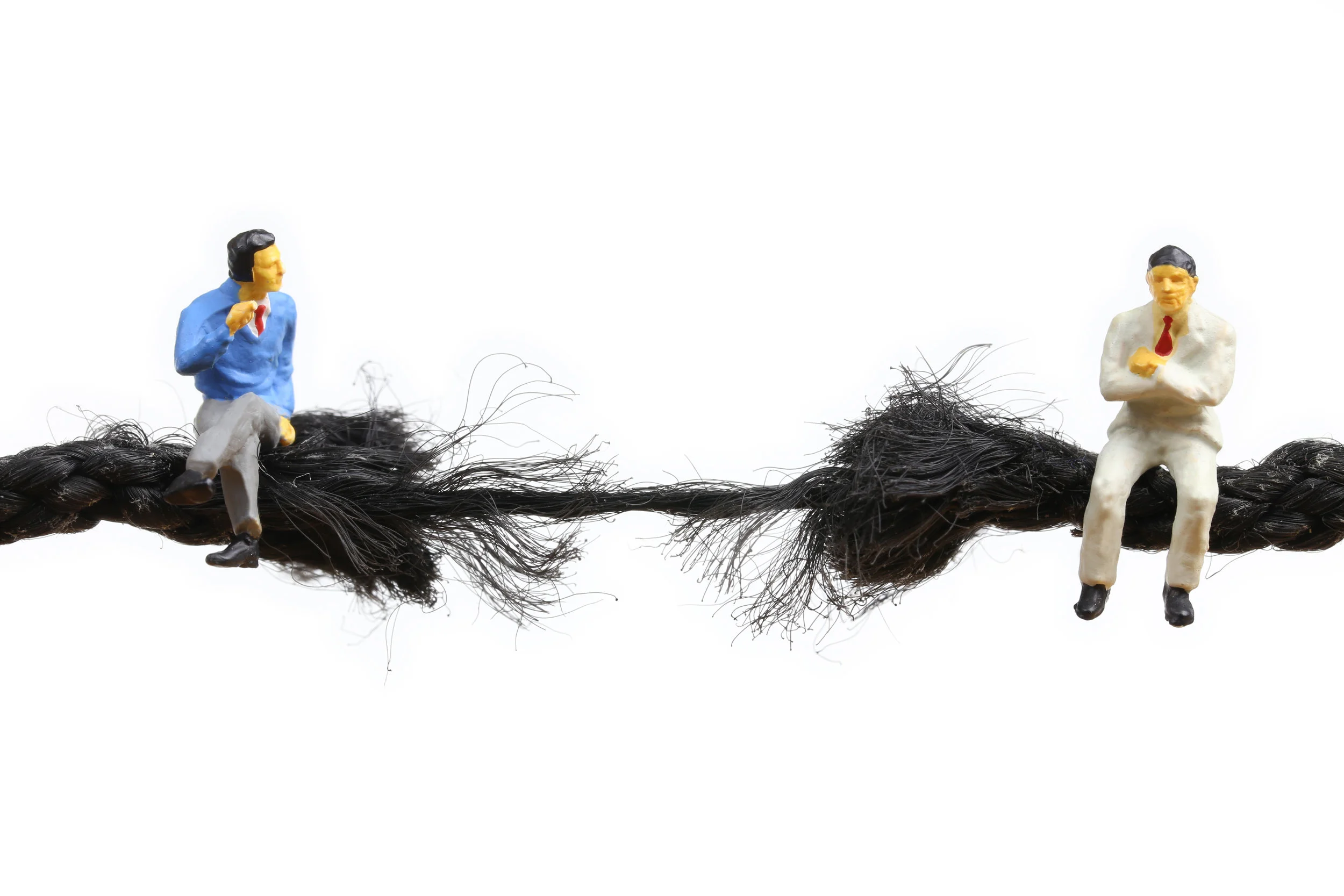This is part 3 of the series: “Storytelling Has Infected Society—and Vice Versa?”
See Also: Part 1 and Part 2.
Have you ever noticed that we have inherited lots of “received wisdom” about stories? If you look, you’ll see it out there on the web, in many books in storytelling, and in lots of storytelling workshops.
But do these conventional “truths" indeed help us tell better? Or is it possible that some familiar advice can actually get in our way?
First, Choose a Conflict…
Consider the oft-repeated advice: every story is built around a conflict. For example, check out this vivid statement from Natalie Grigson’s The Fantastic Fable of Peter Able (which is not an instruction manual, but a work of fiction for young adults):
Now conflict, as you all know, is an important part in any story. I’d argue it is the story in many cases. What would have happened to Romeo and Juliet if not for their conflicting families? What if there’d been no war in War of the Worlds? Even Spot had some trouble when he went to school. Without conflict, a story…has…nothing!
Or this summation by Sid Field, who “wrote the book” on screenwriting:
All drama is conflict.
Without conflict there is no action;
without action there is no character;
without character there is no story.
Conflict Has a Place…But?
Once I started to think about it, I realized that, of course, stories can be about conflict. After all, stories can include all parts of life, and conflict is certainly a part of life.
But the quotes above (and many more just like them) suggest that every story needs not just to include conflict, but to be centered around a conflict.
So, is it true that every story needs to be based on conflict?
Romeo and Juliet—Again?
One day, I came across a blog post* by writer Carol H. Johnson, about her encounter with a quote by writer Ursula LeGuin:
Romeo and Juliet is the story of the conflict between two families, and its plot involves the conflict of two individuals within those families. Is that all it involves?
Isn't Romeo and Juliet about something else, and isn't it the something else that makes the otherwise trivial tale of a feud into a tragedy?**
Naturally, Johnson became intrigued, asking herself, “What is the ‘something else’”? One day in the shower, an answer came to her: “It’s connection!”
Duh!
When I read Johnson’s epiphany, I felt foolish. How could I have missed that? I had even come upon that blog post when I was writing about stories and relationships. Yet, although I was thinking about relationships as I read her question, it still hadn’t dawned on me that the “something else” could be connections with others!
I gave myself a hard slap on the forehead. After all, we know enough about the nature of the storytelling process to see the essential role of connection in storytelling:
Regardless of the content of a particular story, the process of telling and listening to stories allows everyone to join in equally.
Because every listener is free to imagine and interpret every story in her own way, the process of storytelling honors different experiences and points of view.
In a group, storytelling produces a sense of unity, cooperation, and openness.
In other words, the very nature of storytelling is to create connection, the antithesis of conflict.
What Went Wrong?
So how did we come to this misguided idea that conflict is essential to story? How could we make this mistake?
Certain societies tend more toward competition and productivity, while others favor cooperation and harmony.*** (Dr. Charles H. Tidwell, Jr., professor of English, Communication, and International Business, Andrews University)
If we have these two poles of “competition and productivity” vs. “cooperation and harmony,” where would you place the United States and most other major industrialized countries? I doubt you’d place them on the “cooperation and harmony” end of the spectrum!
Our society's dominant ethos is competition. Have we allowed that to seep in, unconsciously, to our understanding of storytelling—which is, in its essence cooperative and connecting?
New Doors Opening?
What role might connection hold in stories? Is the lens of “Connection and Disconnection" an alternative to the lens of “Conflict and Resolution” when viewing stories?
Of course, not all stories are about connection—any more than all stories are about conflict. Yet my preliminary experiments suggest that stories can be organized around connection just as easily as around conflict.
Further, the same story can be looked at through both lenses, with quite different results.
What Do You Think?
Do you have examples? Objections? Other principles besides Competition or Connection? I suggest that we, as a community of storytellers, share our experiences about this.
Is the received wisdom of “all stories revolve around conflict” another way that our economic system's biases have infected an art form based on connection and cooperation?
If so, what steps can we take to set the record straight, to heal ourselves and other storytellers from the societal contagion of an overemphasis on conflict?
How can we restore a balance, so that connection is also seen to be basic to human life and aspirations?
References:
** LeGuin, Ursula. “Conflict,” in Dancing at the Edge of the World: Thoughts on Words, Women, Places (Kindle edition, location 3394).
